The Department of Agriculture is poised to launch a new peatland rewetting scheme in the coming months, the Irish Farmers Journal can reveal.
The scheme is to be funded under the Rural Development Programme.
The Department has estimated that there are approximately 300,000ha of drained carbon rich soils used for agriculture in Ireland, the majority of which is used for grazing cattle.
It suggests that payments for such a rewetting measure could be similar to those received by farmers in GLAS who take part in the low input permanent pasture and traditional hay meadow actions.
In GLAS 1 farmers were paid up to €315/ha for up to 10ha in the traditional hay meadow action.
“Payments may need to be very long term or indefinite, as it is unlikely that a farmer would keep potentially more productive land wet if not compensated to do so.
"There would also be an additional monitoring, reporting and verification cost annually to monitor and verify the land use changes and further improve the reliability of figures,” the Department said.
Payments
The costs of such rewetting measures are difficult to calculate, according a Department document unrelated to the rollout of the scheme seen by the Irish Farmers Journal.
There is an Irish Raised Bog LIFE project that is already in place which restores protected raised bogs.
The National Parks and Wildlife Service (NPWS) “suggest a potential once off cost of €2,000/ha, based on its current Irish Raised Bog LIFE project, to restore protected raised bog. This would cover restoration works, resources, once-off compensation costs and voluntary land purchases,” the document says.

Plastic dams installed at Scohaboy Bog in Co Tipperary as part of the rewetting process.
Demands
The scheme will be in line with demands placed on Ireland in proposals for the next CAP, which say there needs to be “appropriate protection of wetland and peatland” in order to contribute to climate change mitigation.
The Department has a query in with the Commission on what the definition of “protection” is in the case of peatlands.
It is understood a call for proposals as to how the new rewetting scheme will operate is to be issued in the coming weeks.
The Department has said that no detailed costings on land rewetting have been undertaken.
Rewetting
The rewetting of this land “would keep the organic matter in the soil consistently moist, to limit oxidation and lower C02 emissions”, the Department has said.
While it said further research is required to monitor and validate greenhouse gas (GHG) emission changes on these bogs, the Teagasc Marginal Abatement Cost Curve (MACC) estimates that rewetting 40,000ha of organic grassland soils would reduce emissions by 440,000t of C02. This is equivalent to 11t of CO2/ha, according to the Department.

€30,000 for Dutch farmers in rewetting scheme
Rewetting peatlands is lucrative in the Netherlands, with a new research project launched recently which pays farmers to rewet peat soils to reduce carbon emissions.
Farmers in the programme will be given carbon credits priced at €70/t for rewetting their peat soil, which they can then sell to companies in the market for carbon credits.
A 32ha organic dairy farm is expected to cut emissions by 4,370t over 10 years. At €70/t, that works out at just under €30,600/annum.
Read more
Dutch farmers paid to rewet peat soils
Department seeks definition for ‘protection’ for bogs for next CAP
Bord na Móna suspends peat harvesting to begin bog restoration
Rewetting peatland: a Tipperary success story
The Department of Agriculture is poised to launch a new peatland rewetting scheme in the coming months, the Irish Farmers Journal can reveal.
The scheme is to be funded under the Rural Development Programme.
The Department has estimated that there are approximately 300,000ha of drained carbon rich soils used for agriculture in Ireland, the majority of which is used for grazing cattle.
It suggests that payments for such a rewetting measure could be similar to those received by farmers in GLAS who take part in the low input permanent pasture and traditional hay meadow actions.
In GLAS 1 farmers were paid up to €315/ha for up to 10ha in the traditional hay meadow action.
“Payments may need to be very long term or indefinite, as it is unlikely that a farmer would keep potentially more productive land wet if not compensated to do so.
"There would also be an additional monitoring, reporting and verification cost annually to monitor and verify the land use changes and further improve the reliability of figures,” the Department said.
Payments
The costs of such rewetting measures are difficult to calculate, according a Department document unrelated to the rollout of the scheme seen by the Irish Farmers Journal.
There is an Irish Raised Bog LIFE project that is already in place which restores protected raised bogs.
The National Parks and Wildlife Service (NPWS) “suggest a potential once off cost of €2,000/ha, based on its current Irish Raised Bog LIFE project, to restore protected raised bog. This would cover restoration works, resources, once-off compensation costs and voluntary land purchases,” the document says.

Plastic dams installed at Scohaboy Bog in Co Tipperary as part of the rewetting process.
Demands
The scheme will be in line with demands placed on Ireland in proposals for the next CAP, which say there needs to be “appropriate protection of wetland and peatland” in order to contribute to climate change mitigation.
The Department has a query in with the Commission on what the definition of “protection” is in the case of peatlands.
It is understood a call for proposals as to how the new rewetting scheme will operate is to be issued in the coming weeks.
The Department has said that no detailed costings on land rewetting have been undertaken.
Rewetting
The rewetting of this land “would keep the organic matter in the soil consistently moist, to limit oxidation and lower C02 emissions”, the Department has said.
While it said further research is required to monitor and validate greenhouse gas (GHG) emission changes on these bogs, the Teagasc Marginal Abatement Cost Curve (MACC) estimates that rewetting 40,000ha of organic grassland soils would reduce emissions by 440,000t of C02. This is equivalent to 11t of CO2/ha, according to the Department.

€30,000 for Dutch farmers in rewetting scheme
Rewetting peatlands is lucrative in the Netherlands, with a new research project launched recently which pays farmers to rewet peat soils to reduce carbon emissions.
Farmers in the programme will be given carbon credits priced at €70/t for rewetting their peat soil, which they can then sell to companies in the market for carbon credits.
A 32ha organic dairy farm is expected to cut emissions by 4,370t over 10 years. At €70/t, that works out at just under €30,600/annum.
Read more
Dutch farmers paid to rewet peat soils
Department seeks definition for ‘protection’ for bogs for next CAP
Bord na Móna suspends peat harvesting to begin bog restoration
Rewetting peatland: a Tipperary success story






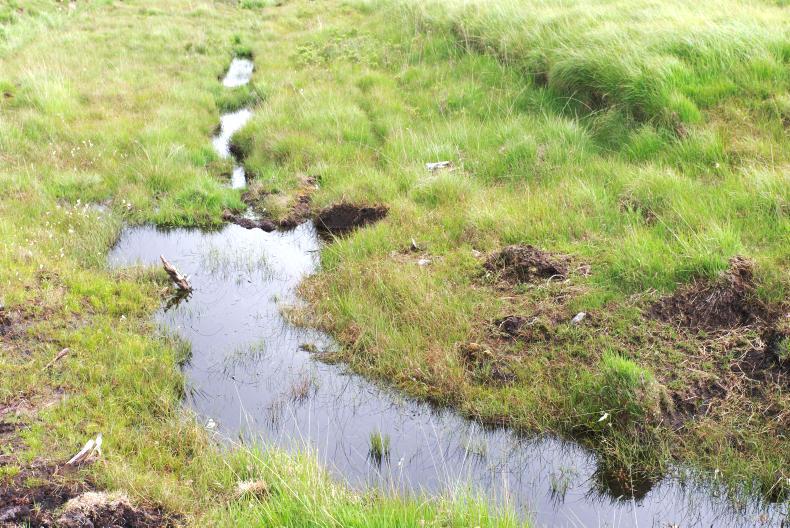
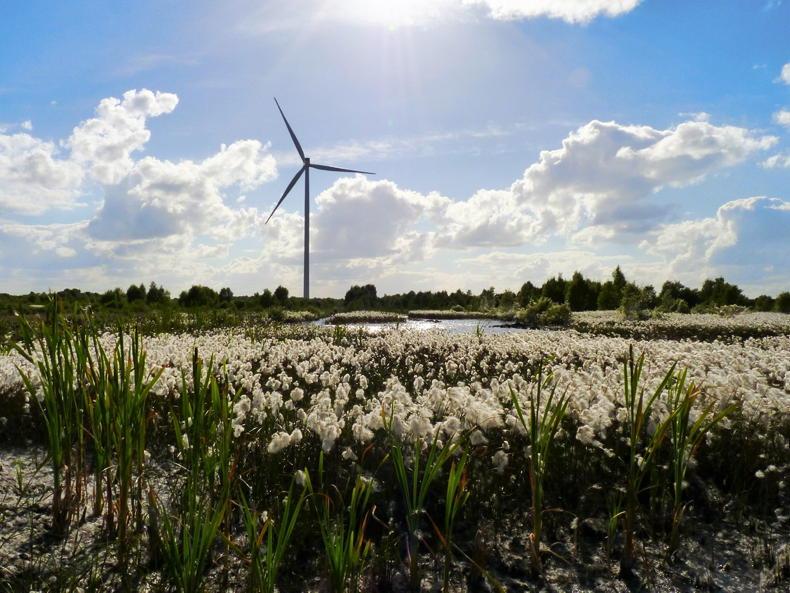
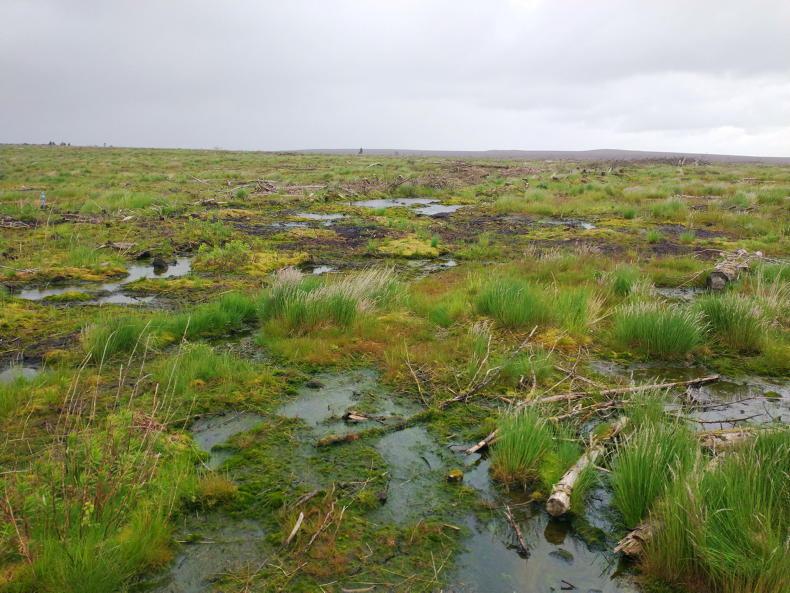
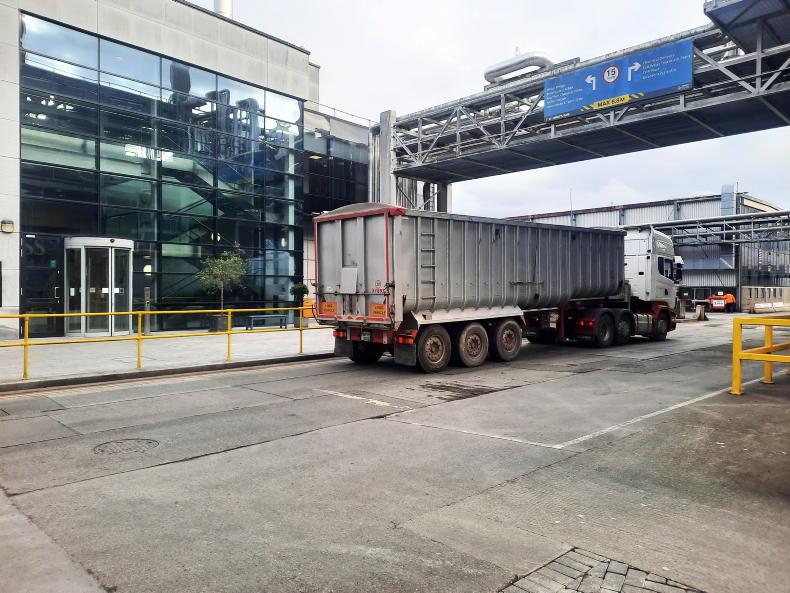
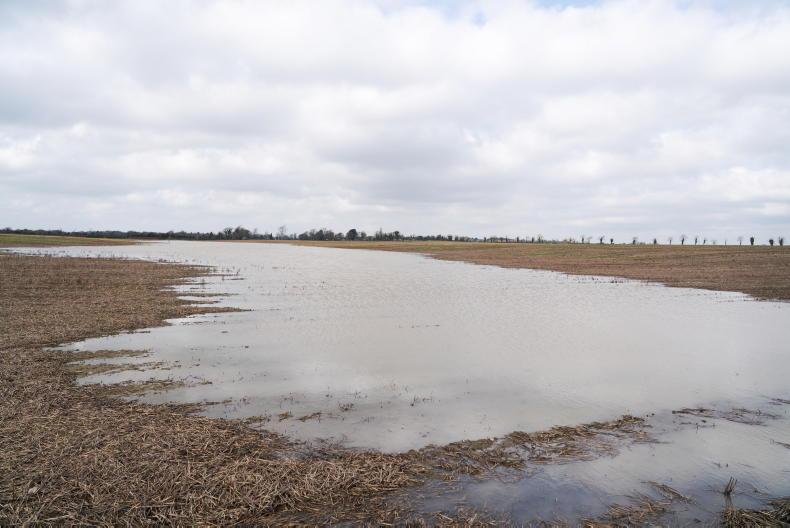
SHARING OPTIONS